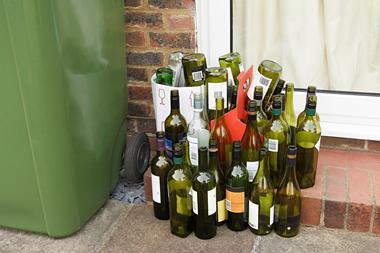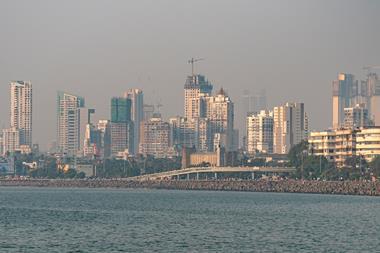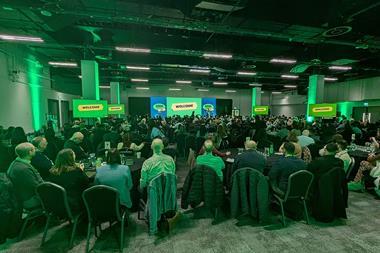
The global fertiliser market is heading for recovery despite potential disruptions linked to the Israel-Hamas war.
Following more than a year of major volatility catapulted by the Ukraine conflict, which pushed fertiliser prices to all-time highs, the markets are finally beginning to recover.
It is now estimated fertiliser usage will increase around 3% in 2023, compared with a 7% drop in 2022, new Rabobank data shows.
The Dutch bank also expects fertiliser purchasing in 2024 to increase nearly 5%.
“These figures align with our Affordability Index, which shows much better conditions for purchasing fertilisers than a year ago,” said Bruno Fonseca, senior analyst at Rabobank.
Fertiliser prices quickly rose to record highs in spring last year after Ukraine was invaded by Russia, the world’s biggest fertiliser exporter.
As fertiliser is among farmers’ greatest expenses, the unprecedented and steep increase added hugely to their production costs.
This was compounded by the increase in global energy prices, also prompted by the war, as the manufacturing process of artificial fertilisers relies heavily on natural gas.
Read more: Middle East conflict escalation could make food production costlier
Rabobank’s data now points to usage growth in 2023 of all main raw materials that constitute the fertiliser market, with nitrogen growing 2%, phosphate 3.9%, and potash 5%.
Nitrogen is set to face lower demand from corn and wheat growers in the coming months, but the potash and phosphate outlook “is positive”, analysts said.
This is despite the current war in Gaza, which The Grocer last week reported was threatening fertiliser prices as it is one of Israel’s top exports.
The country is a big supplier of phosphate and potash, accounting for around 3% and 8% of exports globally, respectively.
Disruptions in exports “could cause price spikes, and the conflict may discourage vessel operators from approaching the Mediterranean port of Ashdod, causing delays and additional logistical costs”, Fonseca said.
However, the impact of the Israel-Hamas war is currently seen as “marginal” as “global fertiliser markets have sufficient availability and sufficient alternative suppliers of potash and phosphate products in case of logistical disruptions in Israel” he added.



















No comments yet